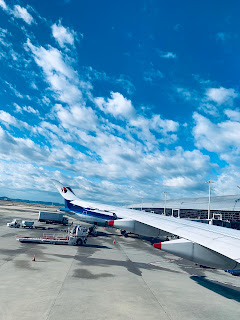1) If I have a family history, I am definitely at high risk. While this may be true, it’s usually not. Most breast cancers are not genetic, and with one in eight women getting breast cancer, almost all of us will have a family history of some sort. If your fifty-year old cousin Elsie and your ninety-year old Great Aunt Bertha have breast cancer but your mother and sister don’t, your risk is probably not increased. But if your mother and sister were both diagnosed with breast cancer before menopause, your risk is definitely higher.
2) Big breasts are more likely to get breast cancer. Breast size is not related to cancer risk. While examining and screening larger breasts takes more time and attention, large breasts are at no higher risk than small breasts of developing breast cancer.
3) Because I have fibrocystic breasts and my breasts hurt, I might have breast cancer. The majority of breast cancers are painless, and most breast pain does not relate to breast cancer. Many women have fibrocystic breasts. In fact, what we used to call fibrocystic breast disease, we now call fibrocystic change, since it’s so common and normal. Most women with fibrocystic change do not have an increased risk of breast cancer.
4) If I use hormone replacement or birth control pills, I will die of breast cancer. There is conflicting evidence about the effect of hormones on breast cancer risk. While some evidence supports the idea that using hormones will increase your risk of breast cancer, this risk is very, very small and most likely represents growth of a preexisting cancer. In major studies, women who use hormones (hormone replacement or birth control pills) do not have an increased risk of dying of breast cancer compared to women who have not used hormones.
5) Mammograms will prevent me from getting breast cancer. While most experts recommend mammography for decreasing breast cancer risk, mammograms are an imperfect test and can miss breast cancers. Breast thermograms, which evaluate blood flow and heat, may help to pick up early changes that may lead to breast cancer, while the changes may still be reversible. While breast thermograms are not well studied and may still miss breast cancers, they may have benefit for young women at high risk for whom mammography doesn’t serve as a good screening tool. Mammography, and possibly thermography, can reduce your risk of dying from breast cancer.





No comments:
Post a Comment